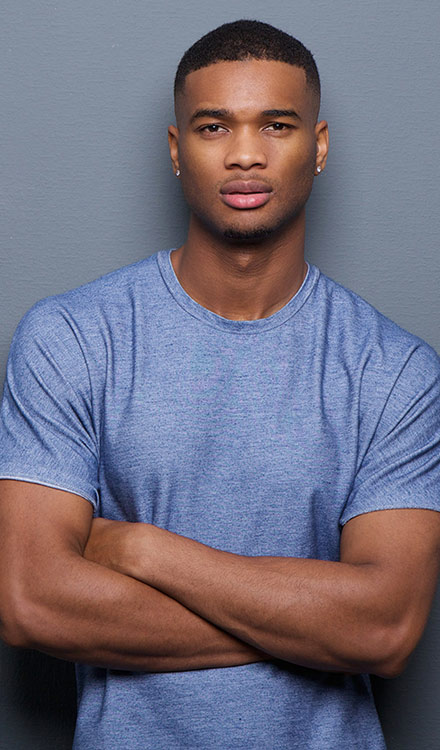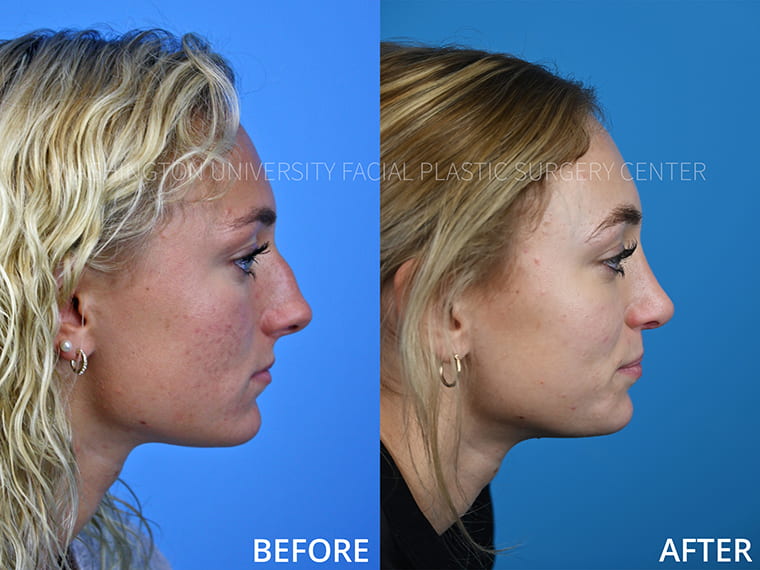Plastic Surgery Rancho Cucamonga: Boost Your Self-confidence with Customized Cosmetic Treatments
Examining the Psychological and Social Factors That Drive Individuals to Consider Plastic Surgery as a Way of Renovation
The decision to go after cosmetic surgery often prolongs past plain aesthetic appeals, linking with social and psychological characteristics that merit comprehensive exam. Factors such as self-confidence, pervasive social elegance requirements, and the prevalent impact of social media assemble to shape private motivations for medical improvement. As these impacts come to be significantly popular, understanding the underlying emotional and cultural contexts is vital. What remains to be discovered is the extensive influence these variables have not just on individual identification yet likewise on wider social norms and worths bordering charm and acceptance.
The Function of Self-Esteem
Self-worth dramatically influences a person's decision to seek cosmetic surgery. People with reduced self-esteem usually regard themselves in an adverse light, causing feelings of inadequacy regarding their physical look. This negative self-perception can drive them to look for surgical interventions as an approach of boosting their self-image. The desire for improvement in one's appearance is often connected to a belief that such adjustments will certainly raise their general self-respect and self-confidence.

Ultimately, the function of self-confidence in the decision-making process regarding plastic surgery highlights the complex interplay in between body photo, individual fulfillment, and psychological health and wellness. Recognizing this relationship is critical for health care specialists to make certain that patients are making informed decisions rooted in realistic expectations and psychological well-being.
Societal Elegance Criteria
Influenced by prevalent media portrayals and cultural narratives, social appeal criteria play a critical function fit individuals' assumptions of their own bodies. These requirements are commonly identified by an idyllic type of appeal that highlights qualities such as proportion, slimness, and youthfulness. As these ideals are perpetuated through numerous networks, including advertising, tv, and movie, individuals often internalize these messages, causing frustration with their natural appearance.
The effects of these social norms extend beyond aesthetic choices; they can impact self-confidence, mental health and wellness, and interpersonal partnerships. People who view themselves as falling brief of these standards may experience sensations of insufficiency, triggering a desire for cosmetic surgical procedure as a way of achieving societal approval. This search is frequently fueled by the idea that complying with these perfects will certainly enhance not just physical look but additionally social standing and individual fulfillment.

Impact of Social Media
The influence of societal elegance standards is more magnified by the rise of social networks platforms, where curated images and idyllic representations of appeal are common. Individuals are frequently exposed to filteringed system and edited photos, which often depict unattainable physical attributes. This direct exposure grows a culture of contrast, leading individuals to analyze their own appearance versus these frequently impractical standards.
Social network influencers and celebs regularly promote aesthetic procedures, normalizing the concept that surgical enhancements check my blog are a sensible methods for achieving societal ideals (plastic surgery rancho cucamonga). The exposure of these enhancements can produce an assumption that undergoing cosmetic surgical procedure is a conventional practice, therefore affecting people to take into consideration comparable treatments as a path to boosted self-worth and social acceptance
In addition, the interactive nature of social media permits immediate responses through sort and remarks, better enhancing the wish to adapt preferred appeal criteria. Such communications can aggravate sensations of insufficiency and drive people towards plastic surgery as a way of getting validation. Ultimately, social networks plays an essential duty in forming understandings of elegance, which substantially influences the decision-making procedures bordering plastic surgery.

Social Viewpoints on Look
Across different cultures, assumptions of look are deeply rooted in historic, social, and financial contexts, shaping individuals' views on charm and value. In numerous societies, appearance works as a significant pen of identification, affecting social condition, expert opportunities, and individual connections. For instance, in some cultures, light skin is commonly linked with wide range and opportunity, while others may idealize darker skin tones as symbols of toughness and authenticity.
Moreover, conventional beauty criteria are commonly perpetuated through social narratives, media depictions, and family influences, causing varying perfects throughout different areas (plastic surgery rancho cucamonga). In Western cultures, the emphasis on young people and physical conditioning typically check out this site drives people towards cosmetic enhancement, while in particular Eastern societies, even more refined modifications aligned with typical aesthetic appeals might be liked
Globalization and the proliferation of digital media have actually further made complex these characteristics, creating a hybridization of beauty perfects that transcends geographical borders. As people significantly navigate these social stories, the pressure to comply with details appearance criteria can cause the desire for cosmetic surgical treatment, mirroring a complicated interaction of cultural worths and individual aspirations. Comprehending these social viewpoints is essential in resolving the motivations behind plastic surgery factors to consider.
Mental Influences of Aesthetic Surgery
Many individuals looking for plastic surgery report experiencing profound psychological impacts that can significantly change their self-perception and emotional wellness - plastic surgery rancho cucamonga. The need for physical enhancement commonly originates from underlying concerns such as reduced self-worth, body dysmorphic problem, or societal stress pertaining to charm standards. For some, the instant post-operative stage can cause a momentary increase in self-esteem and fulfillment with their appearance, promoting a feeling of empowerment
Nevertheless, these favorable sensations may not be enduring. Study suggests that while some individuals experience enhanced self-esteem, others might face increased stress and anxiety or depression if their assumptions are not met. This disparity can arise from impractical ideals bolstered by media representation and cultural stories surrounding beauty.
Moreover, the mental ramifications of plastic surgery prolong beyond the person. Relationships with household and buddies might be strained as social characteristics shift, causing feelings of seclusion or alienation. Eventually, the mental influences of plastic surgery are complicated and complex, needing mindful consideration by both possible patients and doctor to make certain enlightened decision-making and reasonable expectations.
Conclusion
In final thought, the choice to pursue plastic surgery is significantly influenced by a mix of useful link self-worth concerns, societal appeal criteria, and cultural point of views on look. The pervasive reach of social networks better intensifies these stress, promoting unrealistic suitables that people typically aim to acquire. Understanding these social and mental variables is crucial for dealing with the motivations behind plastic surgery, highlighting the demand for an extra nuanced discussion bordering beauty and self-acceptance in contemporary society.
The decision to pursue cosmetic surgical treatment often extends beyond plain aesthetic appeals, linking with emotional and social characteristics that warrant thorough evaluation. Eventually, social media plays a critical role in shaping understandings of charm, which considerably affects the decision-making processes surrounding cosmetic surgical treatment.
As individuals significantly browse these social narratives, the pressure to adjust to particular appearance standards can lead to the need for cosmetic surgical procedure, mirroring a complex interplay of personal desires and cultural values.In conclusion, the choice to go after cosmetic surgical procedure is substantially influenced by a mix of self-worth problems, societal beauty criteria, and cultural viewpoints on look. Comprehending these social and emotional aspects is necessary for attending to the inspirations behind cosmetic surgical treatment, highlighting the requirement for a more nuanced discussion bordering elegance and self-acceptance in modern culture.